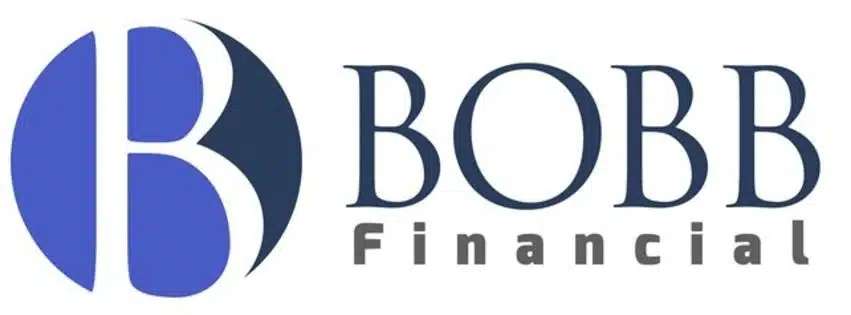The nation’s current state is one most of us have never experienced. The majority of the nation has been shut down in response to a global pandemic with severe and changing consequences. One of the most notable consequences is that most federal employees that are able are now teleworking from home.
What happens, or better yet doesn’t happen when you work from home and aren’t able to go out in public? Most of us won’t spend as much money! Add that fact to the upcoming stimulus payments and there is a good chance that many federal employees are flushed with cash right now. No eating out, no gas money, no vacations, no kids’ sporting events, and fewer opportunities to spend equals a higher savings rate for most.
What do you do with the extra cash?
Build your emergency fund
Most guidelines recommend 3-6 months of expenses for an emergency fund. The actual amount depends on you and your spouse’s work situation. Working for the federal government is more secure than private sector jobs, so you could possibly keep less in savings. If you are the sole bread winner in your family, then you should have more in savings.
Regardless of your situation, I advocate having a minimum of $10,000 in savings. If you are older with a bigger house and family, it should be closer to a minimum of $20,000. Here are a couple of reasons why:
- Replacing a furnace could cost $10,000
- A car could need a new transmission, tires, brakes, engine, or break down and need to be replaced
- An unexpected sickness could cost $5,000 out of pocket even with FEHB
A couple of these things happening at the same could easily deplete a small emergency fund and getting a loan takes time and can be costly.
A robust savings can help you to avoid interest costs for unknown expenses and gives you the opportunity to invest when the market tanks. In retirement, a savings account can help you avoid selling stocks at depressed prices.
Life throws many obstacles at us, and the financial obstacles are easier to overcome with an emergency fund.
Pay off Debt
Eliminating loan servicing from your budget is a sure-fire way to reduce your monthly expenses. If you find yourself in the fortunate position of having a monthly surplus right now, look at paying off some debt.
High interest debt should be the first to go. Pay off any credit card balances first, and then move on to the balance with the next highest interest rate.
Invest or Convert to a Roth
Now is a great time to be investing in Roth IRAs, Roth TSP, or any investment vehicle that is income tax free. At the time I am writing this article the market is down around 20% from the peak and we have announced a federal stimulus package of 2.2 trillion. There have also been discussions of increasing that number to 4 trillion.
What does the federal stimulus mean for future income taxes? I’m not an economist, but our national debt is sky rocketing and at some point we are going to have to start paying that back. A general rule to investing in a Roth is if your income tax bracket will be higher when you make withdrawals, it’s advantageous to do a Roth now. However, there is a huge unknown in that equation – what will tax rates be in the future? Our government may and likely will change tax rates over the next couple decades, and probably multiple times.
Conversions are a good option if you have traditional IRAs. They can also be a good option for retirees who can’t contribute to a Roth. Now may be an ideal time to do a conversion while asset levels are depressed. Doing a Roth conversion now allows you to pay income taxes at today’s tax rates and on an asset level that is likely 10-30% lower than it was a couple of months ago. Not only are you paying taxes on a lower amount, but now you have made all future growth income tax free.
Now is a great time for most federal employees to improve their financial picture. Consider what may be most beneficial for you, take some action, and you will be better prepared for the future. If you are near retirement and find yourself struggling to figure out what actions to take, schedule a call with Brad to discuss how we can help.
Brad Bobb, CFP® is the owner of Bobb Financial Inc, and an expert in retirement planning for federal employees.

